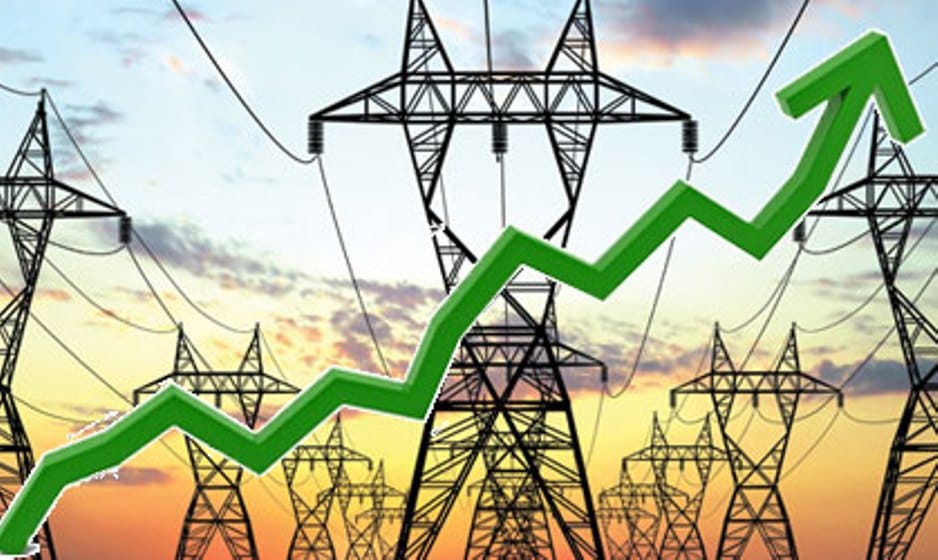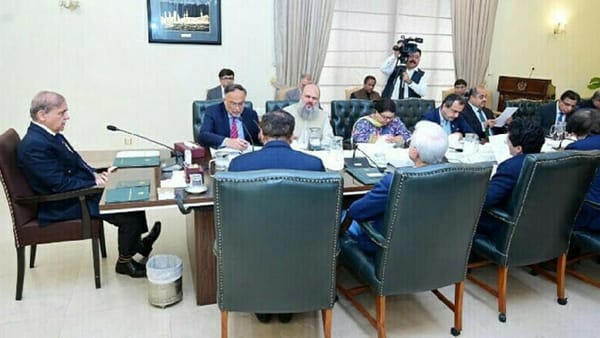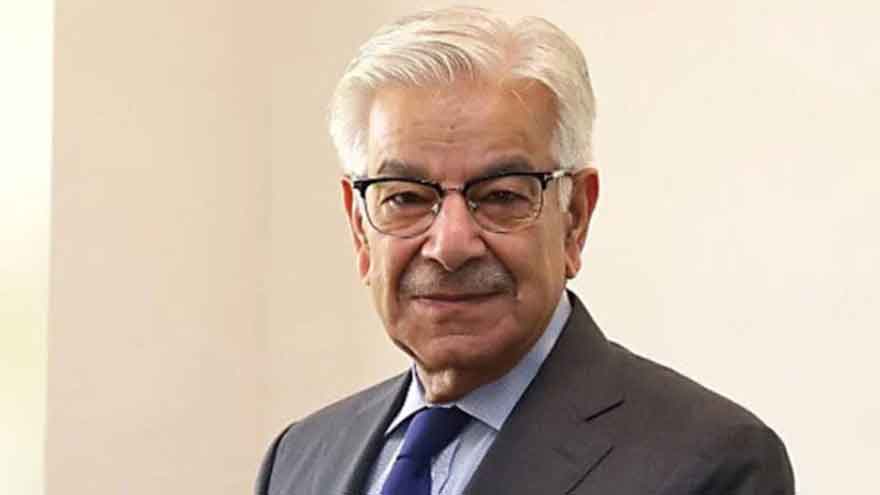Pakistan Faces 38% Hike in Energy Prices, 62% Surge in Capacity Charges: SDPI Panel

ISLAMABAD – Pakistan is grappling with a staggering 38% increase in energy prices and a 62% rise in capacity charges, leading to significant tariff hikes. Experts at a panel discussion hosted by the Sustainable Development Policy Institute (SDPI) highlighted these pressing issues and suggested potential solutions, including the promotion of an independent power consumer model.
The panel, part of SDPI's Monday Seminar series and conducted under the auspices of the Network for Clean Energy Transition (NCET), delved into the intricacies of Pakistan’s electricity tariff structure.
Dr. Khalid Waleed, a Research Fellow at SDPI, detailed the complexities of Pakistan's consumer categories and tariff-setting mechanisms. He noted that residential consumers, classified under category A-1, comprise 89% of the consumer base and account for 48% of total consumption, which is contrary to global trends where industries are the primary consumers of electricity. In Pakistan, commercial consumers (A-2) represent 9% of the consumer base and 7% of the consumption.
Waleed explained the factors behind high electricity bills, highlighting that capacity charges, which include fixed operational and maintenance costs, return on equity, debt servicing, insurance, working capital financing fees, and procurement and construction costs, are higher than generation charges. The Energy Price (EP), which covers fuel costs and variable operational and maintenance expenses, is projected to rise from 0.84 trillion Rs in FY24 to 1.16 trillion Rs in FY25, translating to a per-unit cost increase from 10.94 Rs to 15.65 Rs. Capacity Price (CP) is expected to grow from 1.847 trillion Rs in FY24 to 1.95 trillion Rs in FY25, contributing to 18.39 Rs/unit, or 60% of the overall tariff.
Additionally, Waleed pointed out that various taxes exacerbate the high electricity costs. Pakistan's electricity bills include an 18% General Sales Tax (GST) from the federal government and an Electricity Duty from provincial governments, which is 1.5% for residential customers and 2% for commercial customers.
“To address these issues, strategies such as removing the six-month criteria for protected consumers, promoting innovative financial solutions, simplifying the SLAB mechanism, and advocating for region-wise competitive tariffs and improved service quality are essential,” Waleed suggested.
Dr. Musarat Jabeen advocated for an independent power consumer (IPC) model, emphasizing solar energy initiatives to encourage self-generation of power and promote sustainability. She stressed the need for new policies tailored to Pakistan’s specific challenges.
Engr. Ahad Nazir, Associate Research Fellow and Head of the Center for Private Sector Engagement at SDPI, highlighted that fixed tariffs for all energy-generating plants, regardless of production output, eliminate competition incentives. He identified capacity payments and dollar indexation as primary causes of high prices, suggesting cost-reflective tariffs, subsidy-targeted tariffs, and decentralized tariff settings as potential solutions.
Nazir emphasized that regional tariffs could address electricity theft and advocated for transitioning to cost-reflective tariffs and revisiting Time-of-Use (TOU) tariffs to manage peak demand, while promoting renewable energy sources for clean energy transition.
Engr. Ubaid ur Rehman Zia, Head of the Energy Unit at SDPI, explained that Pakistan's tariff structure, influenced by power sector policies, market dynamics, and regulatory frameworks, disproportionately affects smaller consumers. He noted the government's attempts to mitigate these issues by renegotiating terms with Independent Power Producers (IPPs) and emphasized the importance of honoring contracts, particularly with Chinese investors. Zia suggested that a transition to renewable energy could stabilize operation costs and reduce tariffs in the long run.
Zainab Babar, a Research Associate at SDPI, described the challenges as deeply rooted in Pakistan's broader energy structure. She highlighted the burden of high-capacity payments, dollar indexation, and seasonal fluctuations in electricity demand. Babar called for long-term planning and strategic vision to revamp energy policies, urging the government to adopt innovative approaches to tackle rising electricity tariffs.




